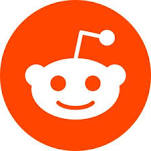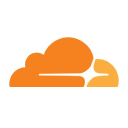How We Built An $8K/Month Niche Online Tool [Business Idea Validated On Reddit]
Hello! Who are you and what business did you start?
Hi there, my name is Liz and I’m the co-founder of Stagetimer together with my husband Lukas Hermann. Stagetimer is an online countdown timer you can share with other people via a link or QR code. That means you can create multiple timers to keep a meeting or presentation on time and share it with anyone around the world.
Every time I tell friends and family about it, most of them wonder how this can make money (and you may also be wondering the same). Well, people that run events could see the value right away. When you watch a TED talk, for example, the presenter has a TV in front of them that shows them a timer, so they don’t go on and on talking.
That is what Stagetimer does: it times anything that you want to keep on time. And this simple tool generates $8,000 in monthly revenue on average.

Word of mouth has...
Sorry, you need to login and/or become a member to view the rest of this content.



















